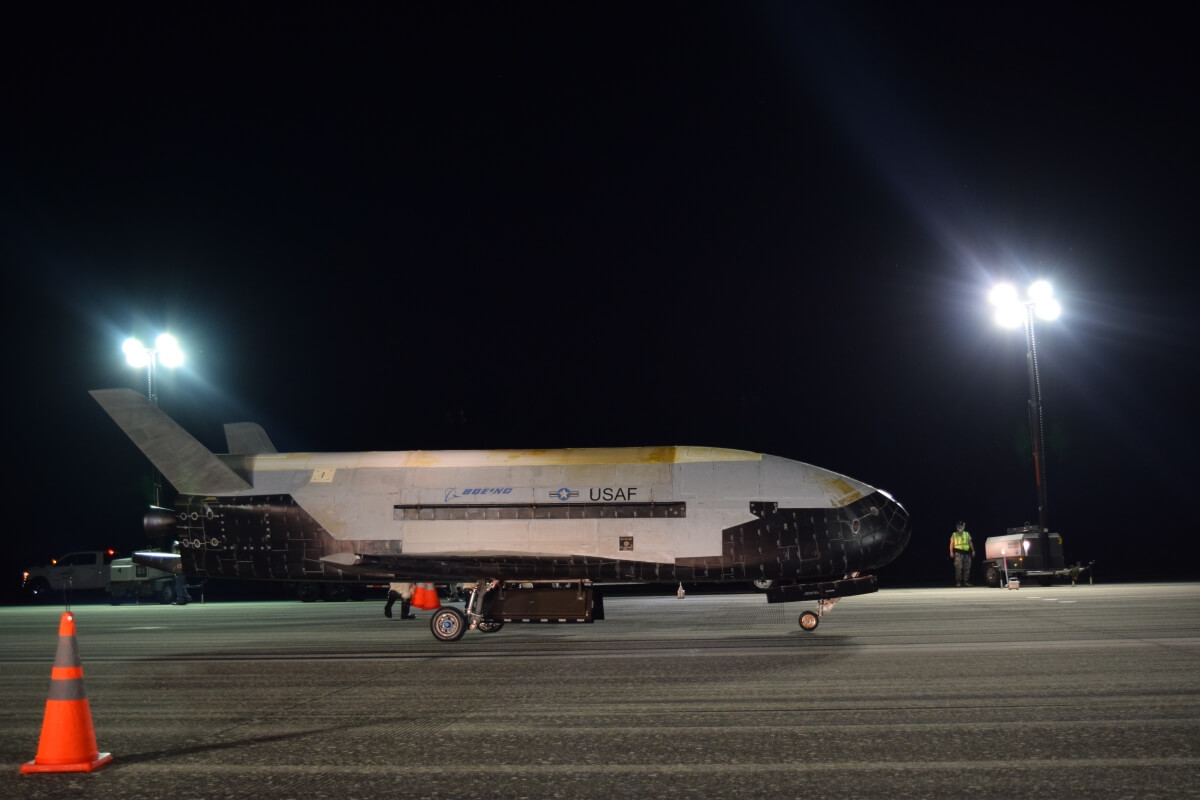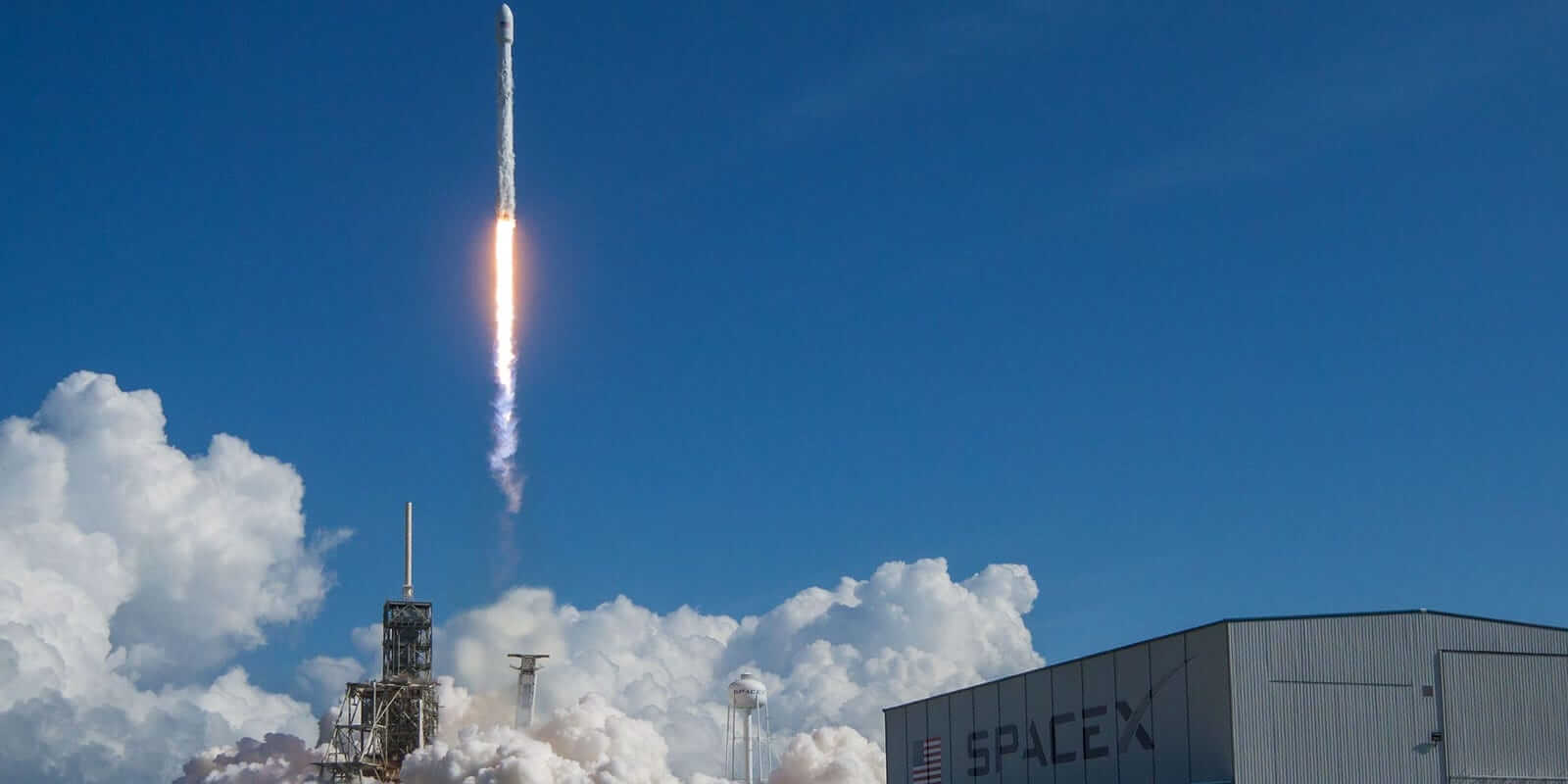The big picture: The Air Force's unmanned spaceplane has returned to Earth following a record 780 days in orbit. The experiments conducted during the extended flight could help improve future space flights and could even give the US' proposed Space Force an edge if it ever comes to fruition.

The United States Air Force over the weekend welcomed back a familiar face, one it hasn’t seen in person for more than two years.
On September 7, 2017, the Air Force used a SpaceX Falcon 9 rocket to launch the X-37B Orbital Test Vehicle-5 (OTV-5) spaceplane into orbit. Sunday morning, the secretive spaceplane touched down at NASA’s Kennedy Space Center in Florida, concluding a mission that saw the autonomous craft spend 780 days in orbit.

The spacecraft beat its own record by 62 days. That’s impressive considering the spaceplane was originally designed to remain in orbit for just 270 days.
It’s anyone’s guess as to what the Boeing-built spaceplane has been up to for the past couple of years. Air Force Rapid Capabilities Office Director Randy Walden said they successfully completed all mission objectives, adding that it hosted Air Force Research Laboratory experiments and deployed some small satellites into space.
In 2017 just before the launch of OTV-5, the Air Force said one of the payloads would be the Air Force Research Laboratory Advanced Structurally Embedded Thermal Spreader which would “test experimental electronics and oscillating heat pipe technologies in the long duration space environment.”
The Air Force said it is preparing its sixth X-37B mission which will launch from Cape Canaveral Air Force Station in Florida in 2020.
https://www.techspot.com/news/82523-air-force-x-37b-spaceplane-spends-780-days.html